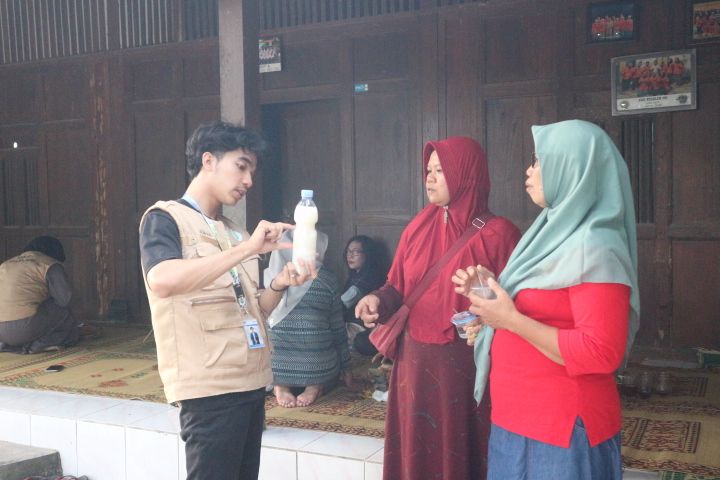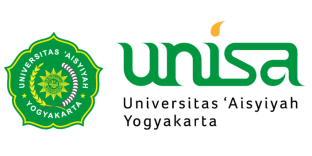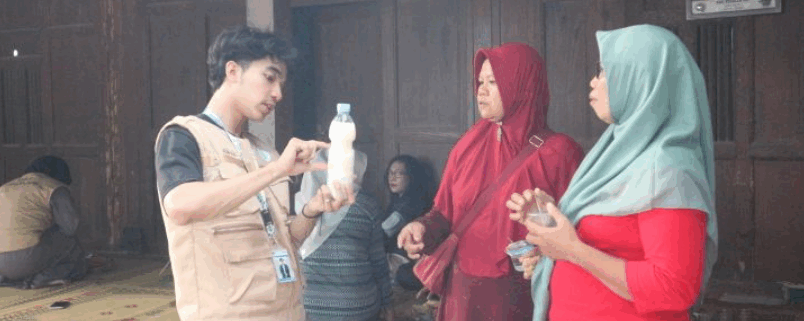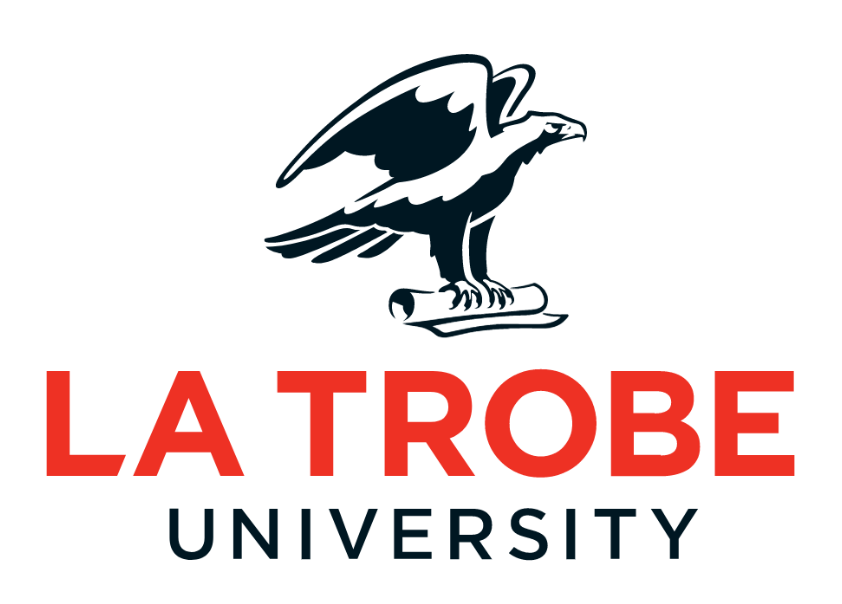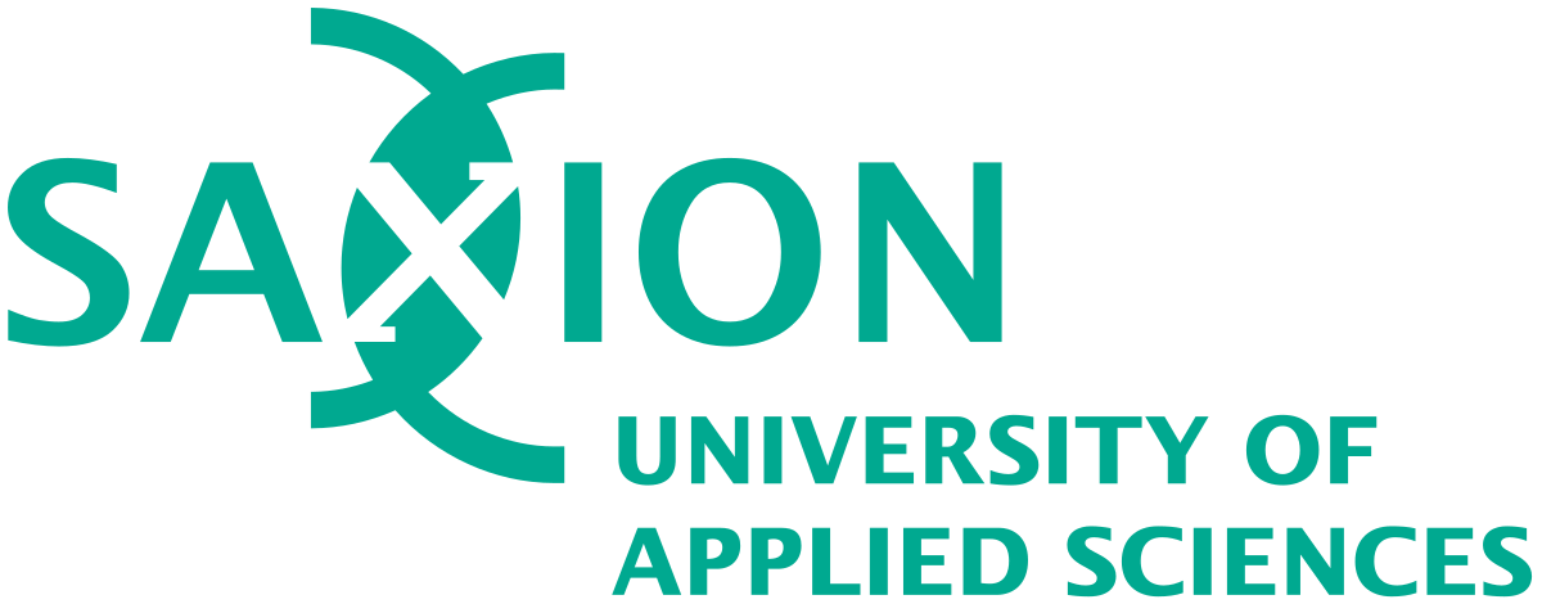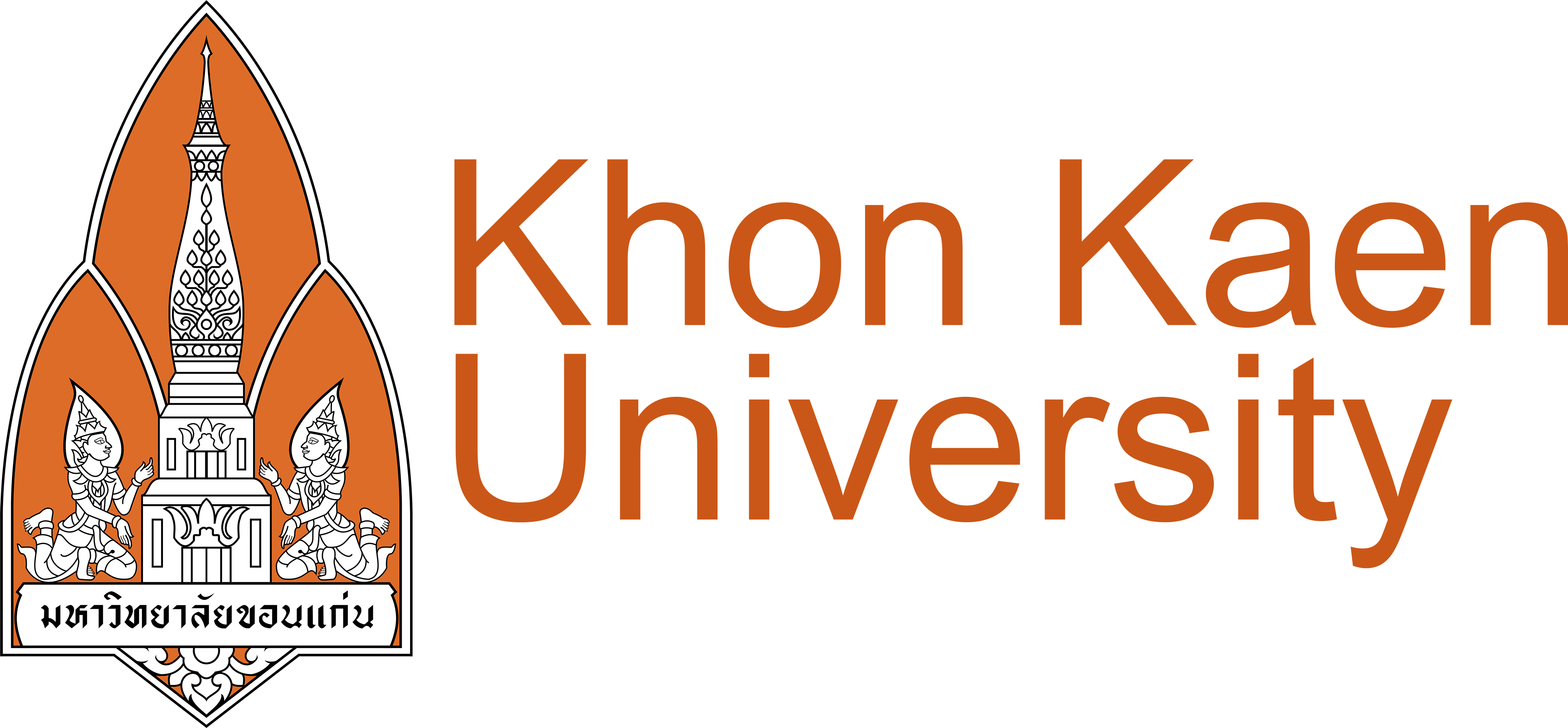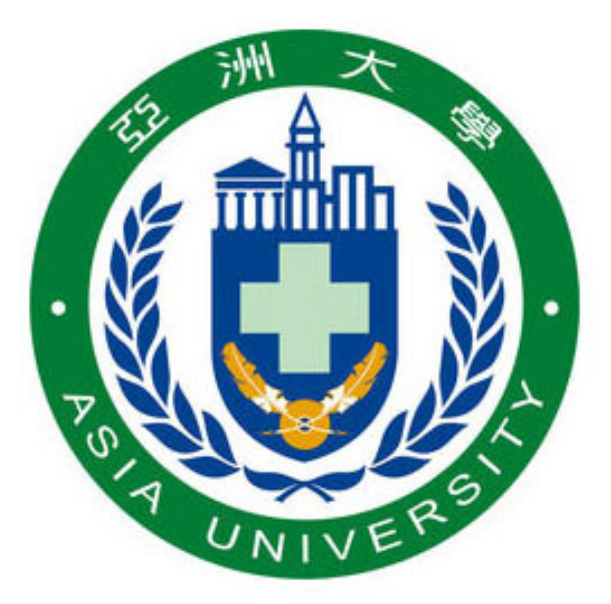Unisa Yogyakarta Students Turn Stale Rice into Fertilizer
Students participating in the Community Service Program (KKN) at Universitas ‘Aisyiyah (Unisa) Yogyakarta have once again demonstrated their innovation in community empowerment. On Friday (August 15, 2025), they held a training session on how to make Local Microorganisms (MOL) from stale rice for the women of the PKK in Bajang Hamlet, Wijirejo, Pandak, Bantul. This activity aims to reduce household waste while supporting organic farming.
The event, which took place at the Bajang Hamlet Village Hall, was met with enthusiasm from the participants. They came with curiosity to learn how to process stale rice into natural liquid fertilizer. The students began the training by explaining the importance of simple waste management that can be done at home.
After the theoretical session, participants were taught practical methods for making MOL. The ingredients used were very simple: stale rice, rice washing water, and brown sugar. All ingredients were mixed in a closed container and fermented for several days until the MOL was ready for use.
The head of the Bajang Hamlet PKK, Sumarni, was delighted with this new knowledge. According to her, this simple knowledge has a big impact on the environment and households. “It turns out that stale rice, which we usually just throw away, can be processed into liquid fertilizer and natural pesticides that are beneficial for plants,” she said.
The coordinator of Unisa Yogyakarta’s Community Service Program, Faris, explained that this activity is part of the program’s mission in the field of the environment. “We want the PKK women not only to know how to make MOL, but also to get used to using it every day. If this continues to be practiced, it will not only help reduce organic waste, but also save on fertilizer costs,” explained Faris.
With this training, which is supervised by Field Supervisor Sharfina Mutia Syarifah, it is hoped that the Bajang Hamlet community will become more concerned about waste management and environmental conservation. This program is also expected to be the first step towards an environmentally independent village by utilizing local potential.
